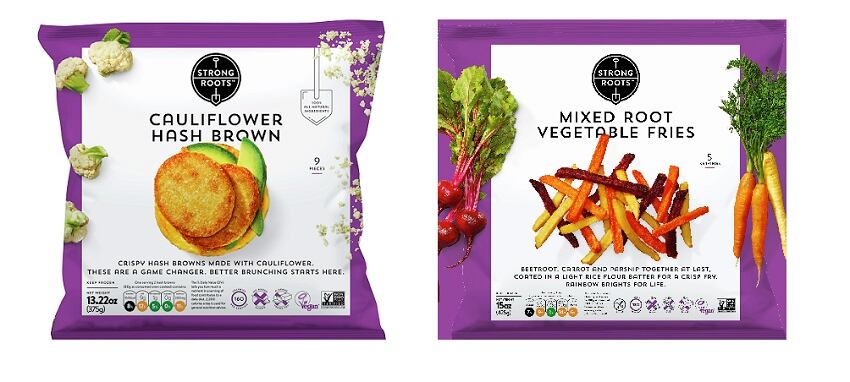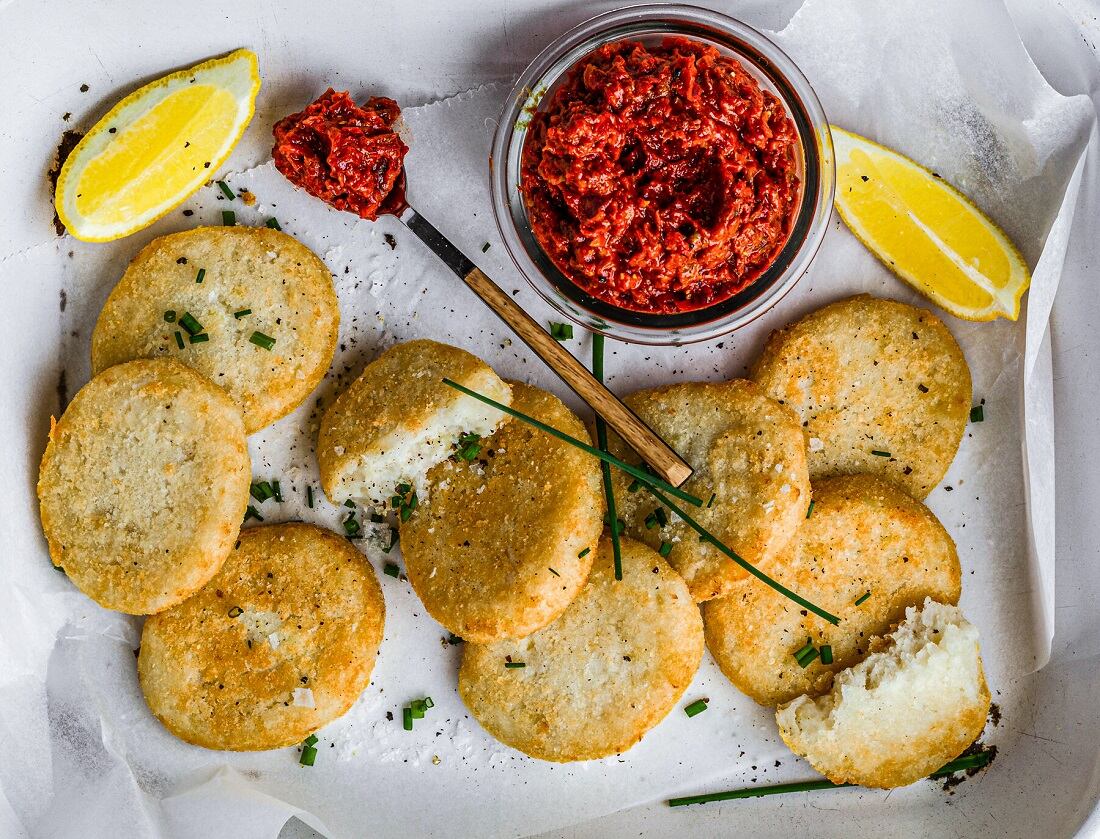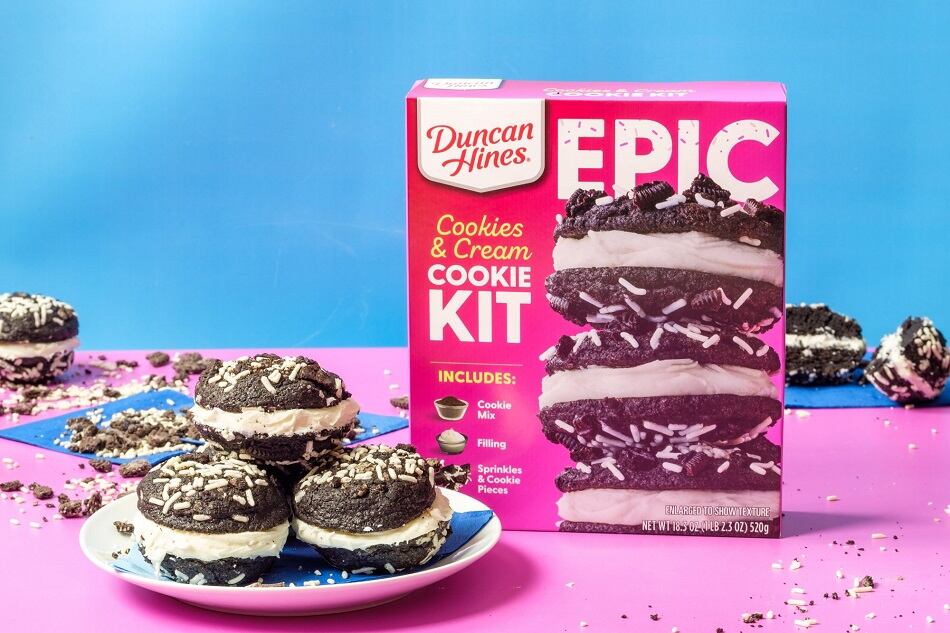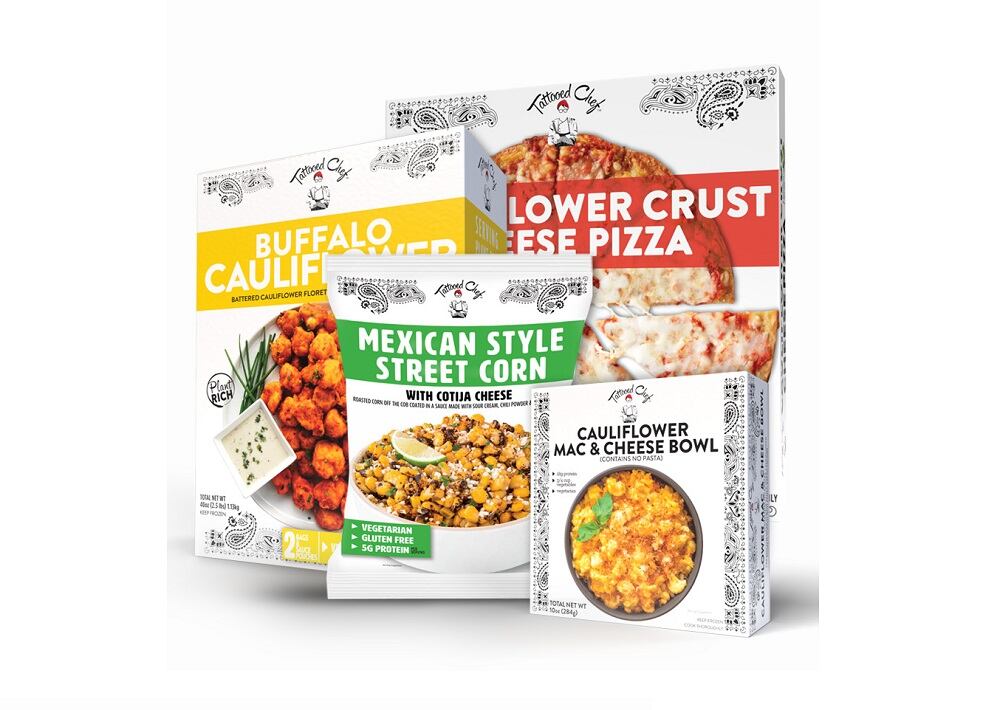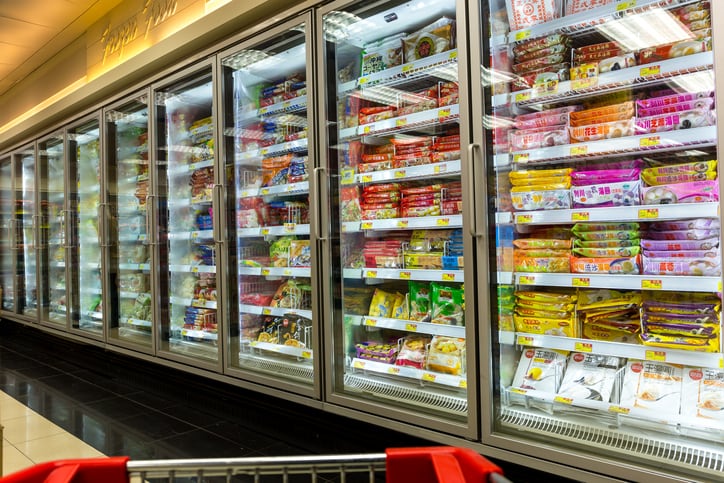While sales data may suggest demand for frozen food is cooling off vs. one year ago with sales for the category flat to slightly down (-0.1%), according to IRI sales data for the 52 weeks ended 5/30/21, baseline sales compared to two years ago, prior to the pandemic, are up +27.9% signifying a major shift in consumer behavior towards frozen food options that wasn't just a fluke caused by lockdown measures.
"The market numbers would show you a slight deficit in terms of trading at the moment in the frozen category vs. last year, but I strongly believe those things are only down to pandemic disruption as well as this intense return to QSR," Dennigan told FoodNavigator-USA.
Dennigan, who expanded the Strong Roots brand from its home base of Dublin, Ireland, to the US market in 2019, said that the frozen foods category is proving its worth to consumers from a health, value, and taste perspective.
"That was our biggest concern [coming out of the pandemic], having that anomaly of a year where we were going to over perform, and then back to reality. But I think the most substantial thing that’s happened in the last two years is there has been a catalyzed migration back to the frozen food category," he said.
'All of frozen is being consumed more, whether it’s healthy or unhealthy'
"Within plant-based frozen, there’s been a particular catalyzed event that brought people out of fresh, out of chilled, and into things that were non-perishable. I think as the next couple of quarters play themselves out, you’re still going to see a significant rise in the consumption of frozen food," he said."
However, along with a migration to better-for-you options such as cauliflower hash browns and sweet potato fries, less-healthy items such as frozen pizza (+15.6% vs. 2019), ice cream (+7.2% vs. 2019), and desserts (+23.9%) have also seen a spike in sales vs. two years ago.
"All of frozen is being consumed more, whether it’s healthy or unhealthy," said Dennigan, who added that even though Strong Roots has gone from launch to distribution in over 9,000 retail stores including Whole Foods and Walmart with recent added distribution at 1,000 Kroger stores nationwide in the span of two years, the frozen aisle is still dominated by the likes of Birds Eye and Green Giant (Nestlé).
"There’s a big runway of capacity for the frozen plant-based category because the majority of the frozen food aisle is still legacy food," noted Dennigan, who believes there's a large opportunity for emerging plant-based frozen foods brands to steal share from big name brands.

Strong Roots was founded in 2015 by Sam Dennigan. Its products are sold in over 8,000 stores worldwide including major retailers in Ireland, the UK, and the U.S., as well as Singapore, Iceland, the United Arab Emirates, Bahrain, and Qatar. It has sold over 8 million packs of its foods worldwide.
Manufacturing capacity is 'completely oversubscribed'
However, one area that could hold the category back, especially for small, growing brands reliant on out-sourcing most of their production, is increased pressure on shrinking manufacturing capacity.
"What we can see from a manufacturing perspective is that the capacity has completely diminished. The available capacity in co-manufacturing operations across America is completely oversubscribed because of the rise in plant-based frozen food," he said.
"There’s a huge amount of capital investment going into manufacturing at the moment, just to keep up with demand."
Loyal US following
In terms of establishing its US base, Dennigan shared that Strong Roots has set up a dedicated office space with a demo kitchen in central Manhattan, and has made a number of key hires to its team including Craig Bowlin as its US general manager, whose resume includes leadership roles at Unilever, Pinnacle Foods, and Conagra.
"The brand is growing from a loyalty perspective all the time. We’ve been focused on communicating in the Northeast corner of the country, but we’ve had a huge amount of fan base grow organically in the Southeast, in Florida in particular," said Dennigan, adding that the brand's Kroger distribution will help gain ground on the West Coast, its next key market.
Dennigan noted how the company has been paying close attention to the products that are resonating most with its US audience and basing future product development off of those insights.
"The two star players in our range have been very, very clear, which are the cauliflower hash browns which have become a household favorite in a very short space of time. Right beside those are our mixed root vegetable fries, which is really showing us what the US consumer wants from the brand, which is this idea of simple, real food not too far from away from the items that they know or formats that they know but made from better-for- you ingredients and more conscious from a sustainability perspective," he said.
"We’ve done exactly as the data suggests, which is double down on the items that are growing and make sure there’s a unique point of difference with those that already exist in the market."
Looking ahead, Dennigan shared that the company has several new product launches in its pipeline for 2022, mostly in the snack/appetizer frozen food sub-category.
"Originally we had visions of stretching out to do a platform brand outside of frozen, and I think at the beginning of certainly in mid-2020 through the pandemic we all took the time to strengthen the business goals and do a lot of business planning... Our mission of 'fixing' the frozen foods aisle has only intensified," he added.
